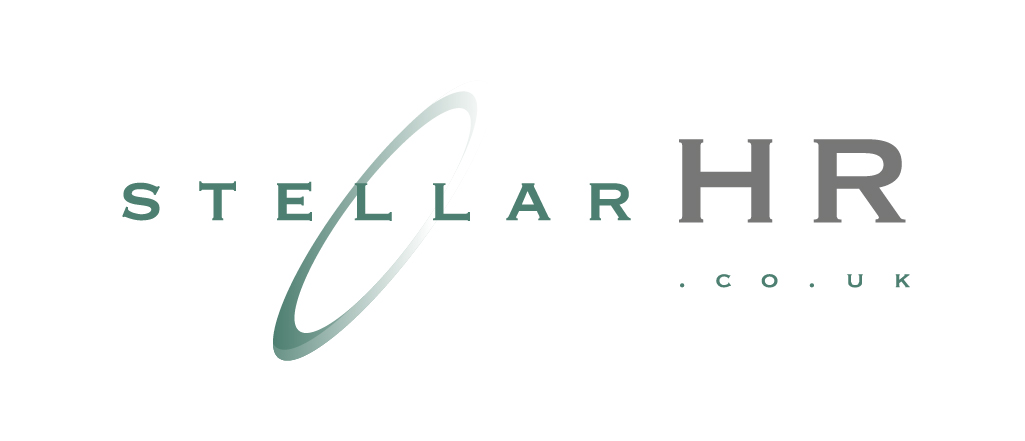Whatever your requirements you can be assured of a professional service at all times.
D Bramhall – Operations Director

What is equality? Equality is ensuring individuals or groups of individuals are treated fairly and equally. They must not be treated less favourably on a number of grounds known as protected characteristics which were introduced by the Equality Act 2010. They include:
• Age
• Disability
• Gender Reassignment
• Marriage and Civil Partnership
• Pregnancy and Maternity
• Race
• Religion and belief
• Sex
• Sexual orientation
Employees are also protected against discrimination because they are perceived to have, or are associated with someone who has, a protected characteristic.
What is diversity?
Diversity aims to recognise, respect and value differences to contribute and realise their full potential by promoting an inclusive culture in your business.
As a business, you need to comply with the Equality Act 2010 and that means that you must treat all employees fairly, ensuring that policies, procedures and processes do not discriminate in any way.
Promoting equality and diversity and ensuring all your employees feel valued is vital in the modern workplace. It makes good business sense too, as workers who feel valued are usually more productive when they are at work and less likely to leave your employment.
What is Inclusion?
In the workplace, “inclusion” refers to a set of practices and behaviours aimed at creating an environment where all employees feel valued, respected and supported, regardless of their background, identity or characteristics. Inclusion is an essential component of diversity and equality in any business.
What is an Equality Impact Assessment?
An Equality Impact Assessment is an analysis of a policy, service or function to ensure that it is compliant with Equality legislation and whether the policy, service or function will have a negative, neutral, or positive effect on different groups of people.
Equality and Diversity includes issues such as maternity and paternity leave and pay. The statutory rights of parents have changed significantly over the last few years and business must ensure that their policies are compliant with new legislation.
It also includes matters such as flexible working, bullying and harassment.
It is vital that businesses are aware of the obligations under the Equality Act 2010 and that good HR practice is followed, particularly in relation to these issues.